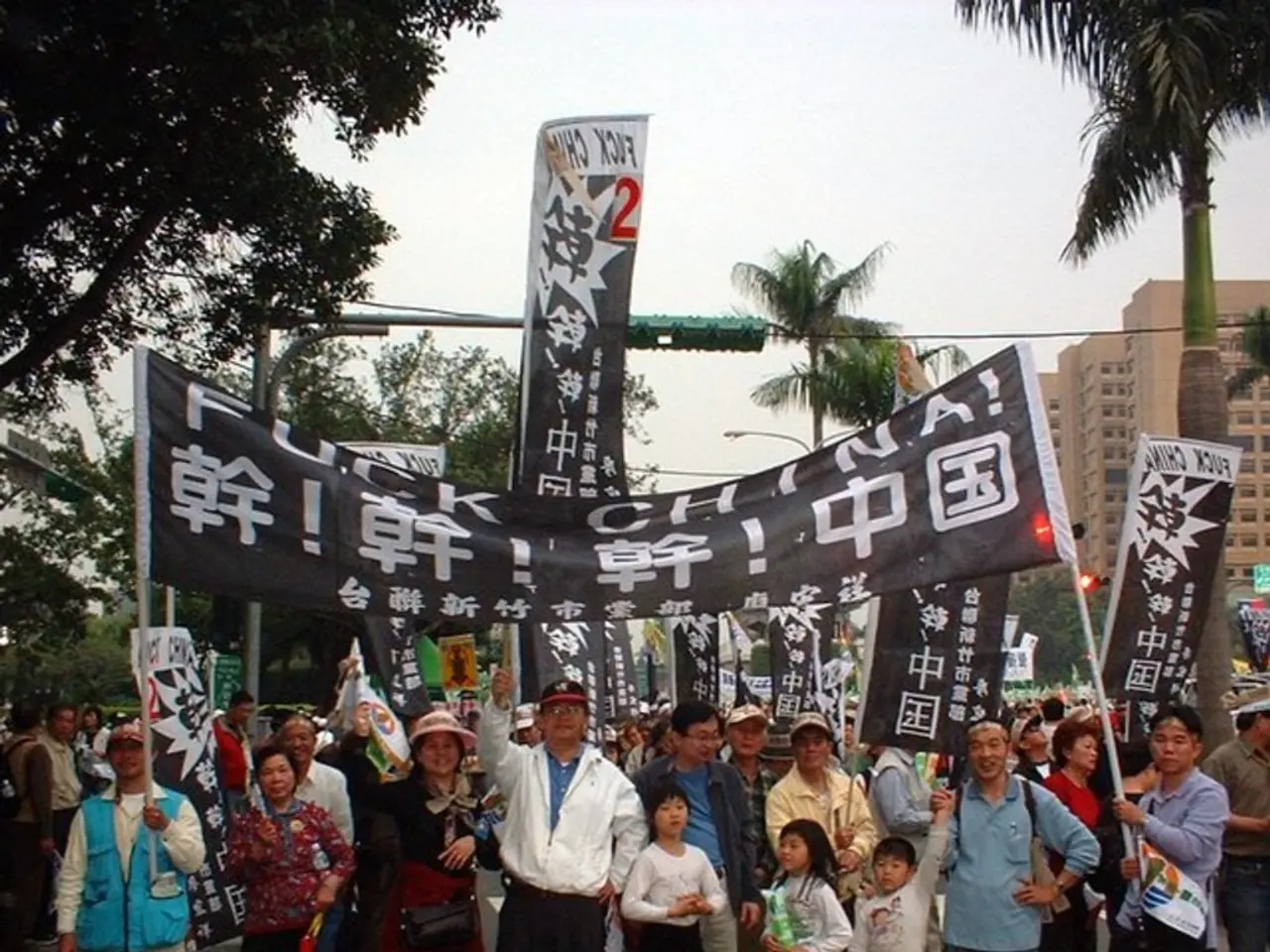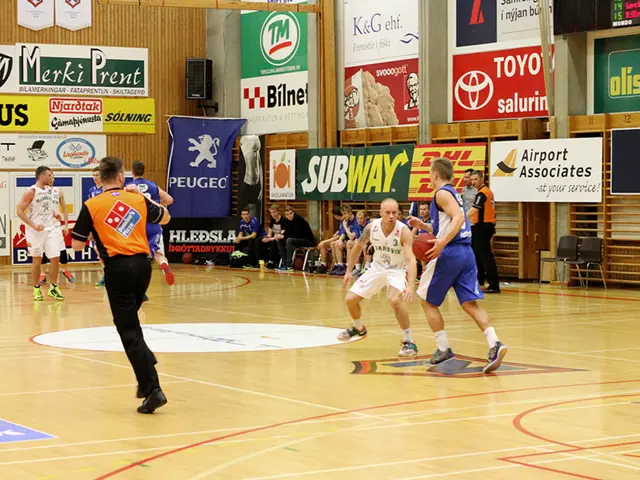Israel's expulsion from Eurovision urged by Spain due to Gaza mass killings
In a significant development, Spain's Culture Minister Ernest Urtasun, representing the political coalition Unidas Podemos, has proposed that Spain may withdraw from Eurovision 2026 if Israel participates. This potential stance against Israel's presence in the contest has sparked a debate, with Spanish public broadcaster RTVE announcing it will not participate in the 2026 contest if Israel is allowed to compete.
This decision by RTVE aligns with the stance of four other countries—Iceland, Ireland, the Netherlands, and Slovenia—that have also indicated they may withdraw from Eurovision 2026 under similar circumstances.
The advocacy for Israel's exclusion from international cultural and sporting events is not a new development in Spain. Top officials, including Prime Minister Pedro Sanchez, Foreign Minister Jose Manuel Albares, Deputy Prime Minister and Labor Minister Yolanda Diaz, and Culture Minister Ernest Urtasun, have argued for Israel's exclusion due to its military actions in Gaza.
The Sumar alliance launched a petition calling for Israel's exclusion from international cultural and sporting events, gathering over 5,000 signatures. RTVE's stance on Israel's participation in the Eurovision Song Contest is based on the military actions of Israel in Gaza and the human rights aspects of the boycott.
RTVE commentators Tony Aguilar and Julia Varela emphasised this point, stating that over 50,000 Palestinians, including more than 15,000 children, have been killed in Israeli attacks in Gaza. RTVE's stance has been framed as a call for justice and human rights, not as a political attack against any nation.
The decision was approved by RTVE's 15-member board, which includes representatives from several political parties. The advocacy for Israel's exclusion from the Eurovision Song Contest draws parallels with sanctions imposed on Russia for its invasion of Ukraine.
RTVE has demanded a full review of Eurovision voting and Israel's inclusion in the contest. The Eurovision censorship row has erupted after Spanish broadcast mentioned Gaza victims, highlighting the sensitive nature of the issue. As a member of the "Big Five" countries that automatically qualify for the final and provide significant financial support to the European Broadcasting Union (EBU), Spain's potential withdrawal could have significant implications for the contest.
RTVE published a message before this year's Basel contest emphasising human rights, signalling the broadcaster's commitment to promoting ethical values in its programming. The situation remains fluid, with the EBU yet to make a decision regarding Israel's participation in Eurovision 2026.
Read also:
- United States tariffs pose a threat to India, necessitating the recruitment of adept negotiators or strategists, similar to those who had influenced Trump's decisions.
- Weekly happenings in the German Federal Parliament (Bundestag)
- Southwest region's most popular posts, accompanied by an inquiry:
- Discussion between Putin and Trump in Alaska could potentially overshadow Ukraine's concerns







